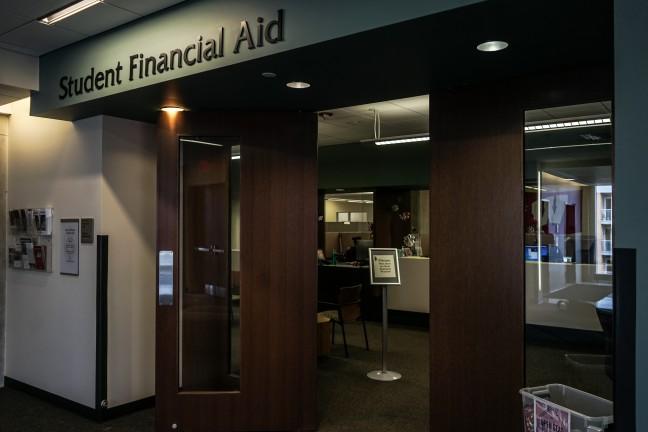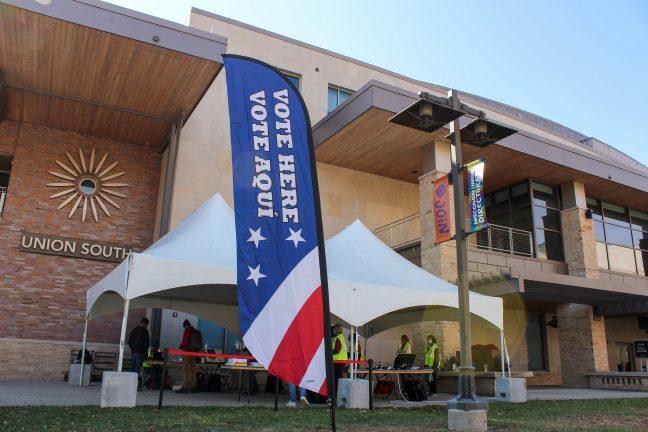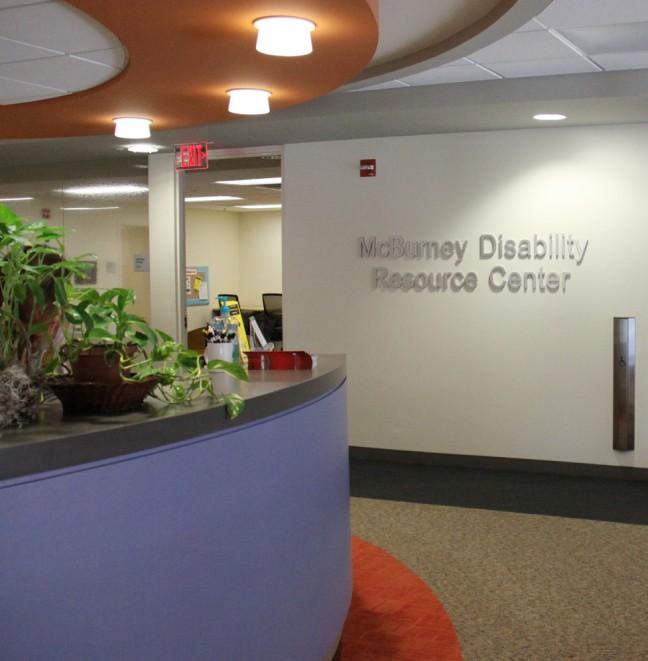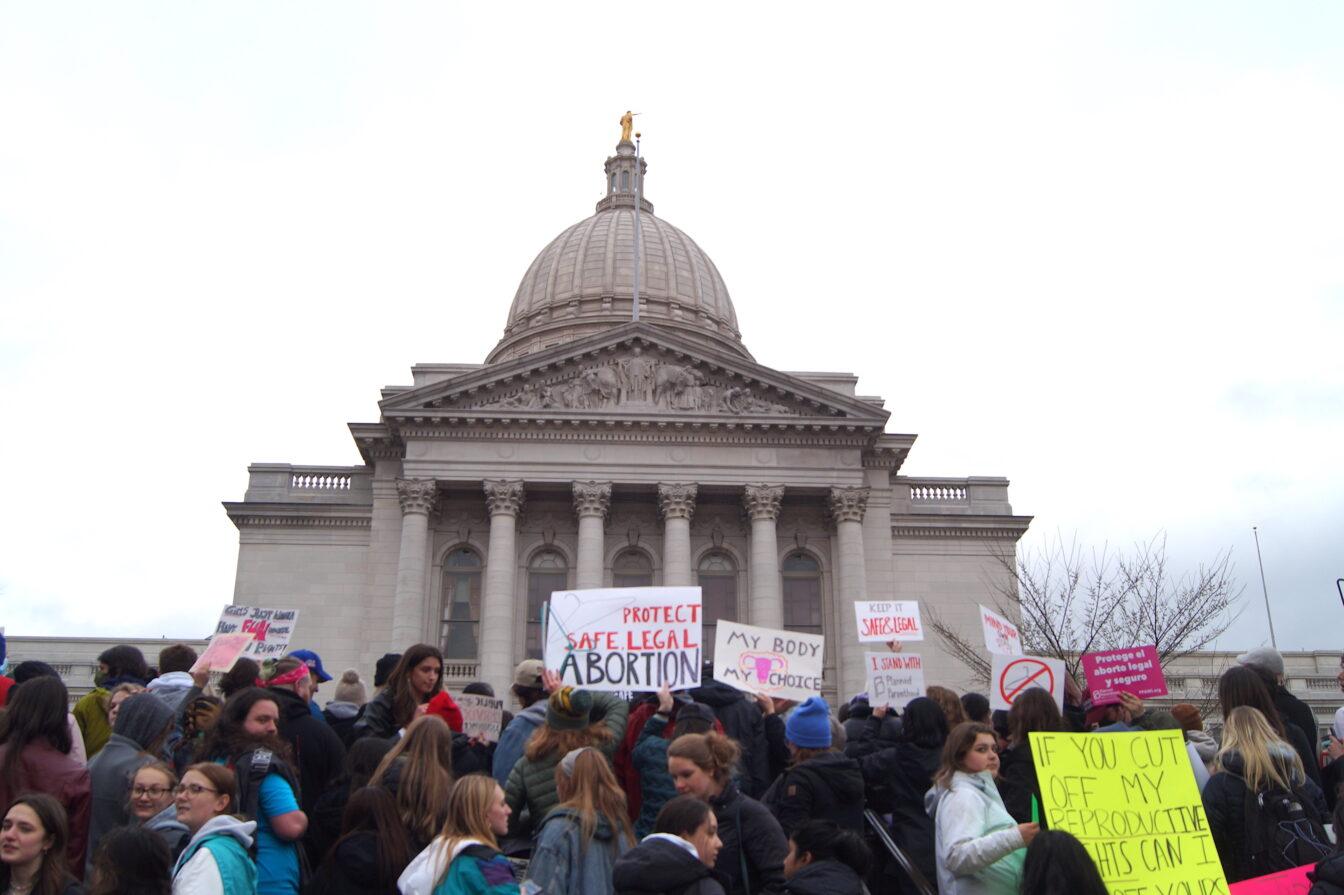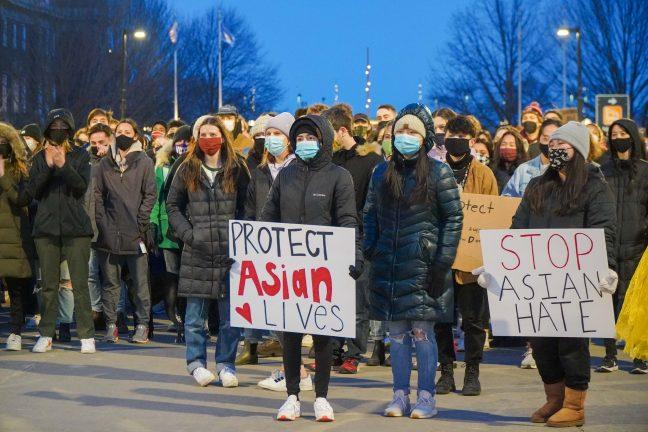Last year, student loan debt surpassed the $1 trillion mark, making it the most burdensome form of debt in the nation other than home mortgages. Now, just a year later, total outstanding student loan debt in this nation amounts to $1.2 trillion and counting. The amount owed on student loans in the United States is greater than that of household credit card and auto loan debt combined. At the University of Wisconsin, the average undergraduate student owes $27,000 in student loans.
These numbers are embarrassing for us, as Wisconsinites and as Americans. A college education is a growing necessity in today’s economy, and saddling students with lifelong debt can be a devastating blow to graduates’ personal finances. It restricts our ability upon graduation to pursue our true passions. But the burden of student loan debt goes beyond just student borrowers: It hurts our entire economy. As borrowers are forced to spend significant amounts of their pay to meet minimum payments on outstanding loans, they forego other spending that would spur economic recovery.
Research from One Wisconsin Now shows individuals who owe on student loans are less likely to purchase new cars and are more likely to rent instead of buy — perhaps because they are spending an average of $388, or the equivalent of a car payment, to meet their student loan obligations. As student loan borrowers have a significant portion of their monthly income tied to inescapable student debt payments, this is unsurprising. Forcing debt on those who cannot afford tuition hurts our university’s ability to offer affordable education to all, and it hurts local businesses that are losing the potential support of these borrowers.
The Dane County Board understands this, and that’s why last week we unanimously passed a resolution that does our own small part in alleviating the problem. The resolution ensures county employees are aware of and can take advantage of the Public Service Loan Forgiveness program. However, the county cannot change national or statewide education funding policies. That’s why the resolution also called for Congress to pass HR 3047, co-sponsored by our Rep. Mark Pocan, D-Madison, which would allow for borrowers to refinance their student loan debt. In the meantime, the state should take action to provide relief to borrowers through common sense measures like the Higher Ed, Lower Debt bill.
As sponsors of this county resolution, we hope to add momentum to efforts currently ongoing at the federal, state and grassroots level to solve our student loan debt crisis. And, as fellow students and alumni, we hope you will join us in these efforts and urge your representatives to pass these bills at the state and federal level. Together, we can push through sensible, humane policies that boost our economy, increase the accessibility of our higher education and unshackle students to make the life decisions they so desire.
We can all help make this a reality right now. The Higher Ed, Lower Debt bill will have a hearing at the State Capitol this Wednesday, Feb. 5, at 10 a.m., Room 400SE. We encourage all to attend and tell your stories on student loan debt to our legislators to ensure they make the right decision for students and for all.
Leland Pan ([email protected]) is a Dane County Board supervisor representing District 5 and a fourth-year UW student.
Jenni Dye ([email protected]) is a Dane County Board supervisor representing District 33 and a graduate of the UW Law School.



